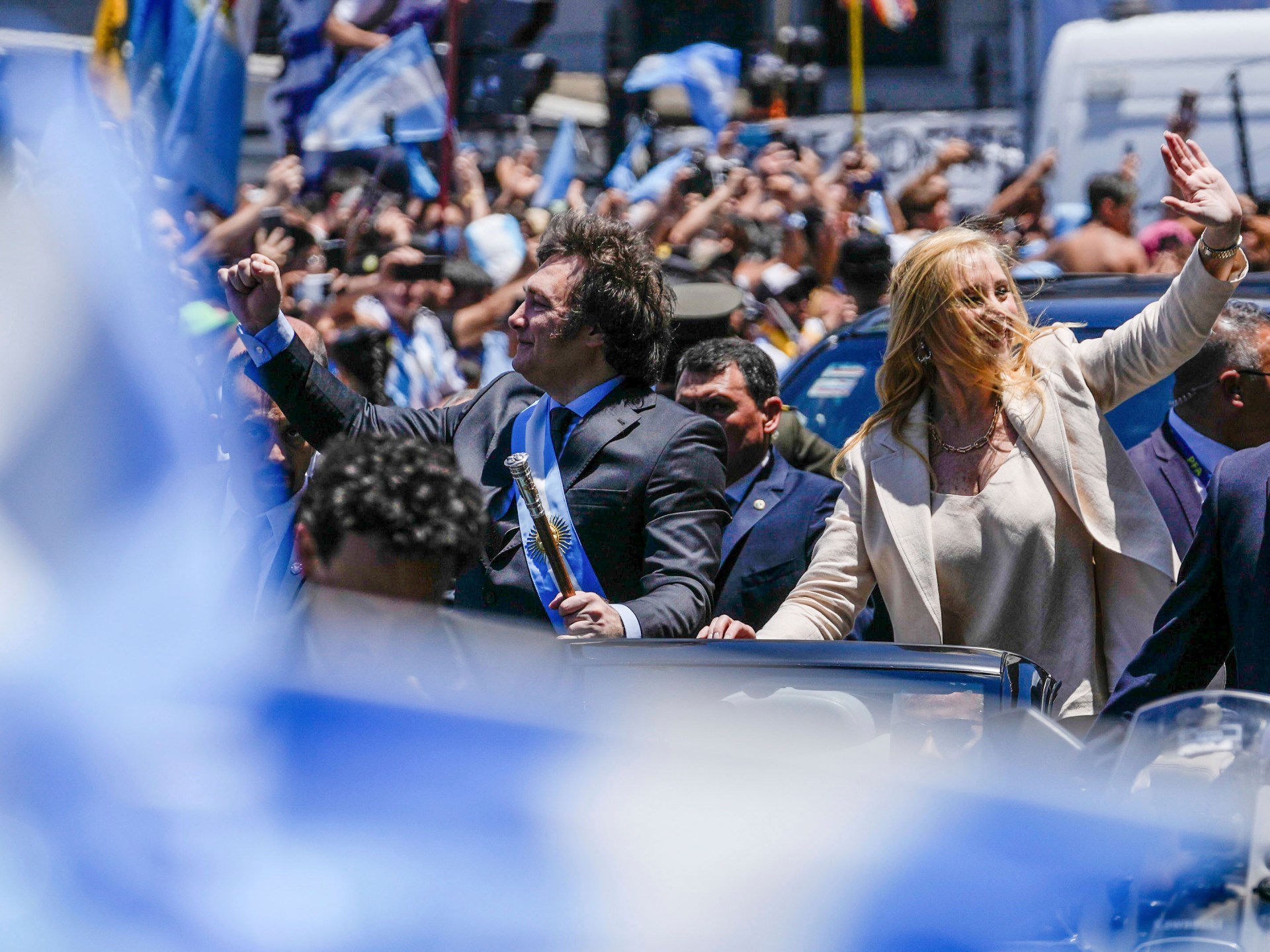
Senegal’s parliament voted late Monday to postpone elections until December after opposition lawmakers who sought to block the vote were expelled from the National Assembly. The vote came after President Macky Sall postponed the upcoming ballot last week, a move critics condemned as an “institutional coup.”
Voters had been preparing to go to the polls on February 25 until Mr Sall – who said he was not seeking a third term – announced on Saturday he was postponing the election. Experts and many opposition and civil society leaders called it a power grab by an unpopular president who is unsure whether his elected successor will win.
But on Monday evening, police wearing helmets and bulletproof vests expelled opposition members from the National Assembly and prevented them from voting after a marathon session debating the legality of Mr. Sall’s move. The bill was then approved by a vote of 105 to 1. In fact, Mr Sall will be allowed to remain in office until the election on December 15, almost ten months after the end of his presidency.
Anticipating an outbreak of protests, the government blocked internet access to cell phones on Monday morning, banned motorcycles in the capital Dakar and sent hundreds of security forces onto the streets in a show of force. The large public protests expected for Monday afternoon did not materialize; The streets of Dakar emptied as many residents preferred to stay indoors.
As Mr. Sall announced that the election would be postponedIn his address to the nation, he said a dispute between the National Assembly and the Constitutional Court had to be resolved before a vote could take place. However, critics dismissed this as an “artificial crisis”.
Scattered protests broke out across Dakar on Sunday, but they were quickly suppressed by security forces who used tear gas and arrested several protesters, including former Prime Minister Aminata Touré.
Military coups have toppled governments in several West African countries in recent years, while in other countries presidents have changed constitutions, jailed opponents and restricted civil liberties to stay in power.
But Senegal, a country long seen as an island of stability in West Africa, has a culture of respect for democracy and law. Previous attempts to manipulate the electoral system or block opposition candidates have often been met with resistance, particularly from the country’s youth.
On Sunday evening and Monday morning it looked as if they were preparing for a mass march.
Protesters burned tires on the streets; Security forces fired tear gas and arrested several lawmakers; And when children arrived at some schools in Dakar on Monday, they were turned away. Classes had been cancelled.
Military police were stationed at roundabouts in Dakar, on main roads and at some French businesses that were attacked during previous demonstrations, including Total gas stations and Auchan supermarkets. Young people in Senegal, as in many former French colonies in Africa, often accuse France of pulling political strings and propping up the government.
The bill to extend Mr Sall’s stay at the presidential palace was passed around 10pm on Monday after opposition MPs occupied the podium to prevent the vote. The election was expected to be postponed until August, but Parliament postponed it until December to avoid coinciding with the rainy season and a large annual pilgrimage in August, according to a lawmaker from Mr. Sall’s party was involved in drafting the bill. An opposition party joined the governing coalition to push through the bill.
The person who has posed perhaps the greatest challenge, Ousmane Sonko, a relatively young politician known for his rhetoric denigrating Senegalese elites and French neo-colonialism, has been in prison for months. He was convicted of corruption of a minor, defamation and incitement to insurrection, but acquitted of rape. Human rights groups say dozens of people have been killed and hundreds more injured in protests supporting him.
Mr. Sonko’s allies in the National Assembly took to the floor on Monday evening wearing sashes in the colors of the Senegalese flag and chanting: “Macky, resign.”
Nogaye Faye, a teacher at a primary school in Dakar, said Mr Sall did not respect the Senegalese people. “He could have left with a lot of respect,” she said. “This is a disgrace for our democracy.”
Others said politicians were not worth risking their lives and livelihoods by protesting.
“We fought for Macky Sall in 2012,” said Ahmed Thiam, a baker, referring to the youth movement that brought Mr. Sall to power and prevented his predecessor from seeking a third term.
He said he wouldn’t fight this time.
“I’m tired now,” he added. “I have two daughters and a son to support. I mind my own business.”






Recent Comments